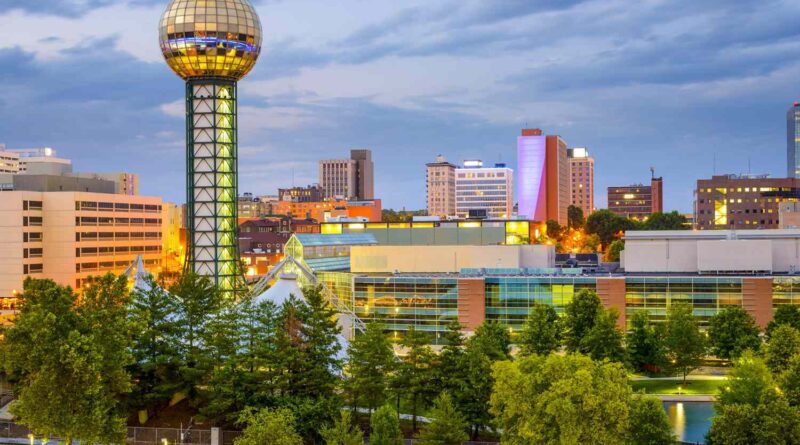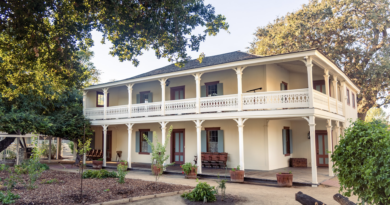History Of Knoxville Tennessee
Knoxville, Tennessee, is a city with a rich and fascinating history. Originally settled in the late 1700s, Knoxville has played a crucial role in the development of the American South, from its early days as a frontier town to its status as a major center of industry and culture.
One of the most significant events in Knoxville’s early history was the Battle of Fort Sanders, which took place during the Civil War. In November 1863, Confederate forces attempted to seize control of the city by attacking the Union-held Fort Sanders. The battle was a bloody one, with more than 800 Confederate soldiers killed or wounded. Ultimately, the Union forces were able to repel the attack and hold onto the city, which remained under Union control for the duration of the war.
After the Civil War, Knoxville became a major center of industry, thanks in part to its location on the Tennessee River. The city was home to a thriving textile industry, as well as iron foundries and other manufacturing facilities. By the early 20th century, Knoxville had grown into a bustling city with a population of more than 50,000.
During the 20th century, Knoxville continued to evolve and grow, becoming a major center of culture and entertainment. In the 1980s, the city underwent a major revitalization effort, with the restoration of historic buildings and the creation of new public spaces and attractions. Today, Knoxville is home to a thriving arts scene, as well as world-class museums, theaters, and other cultural institutions.
One of the most iconic landmarks in Knoxville is the Sunsphere, a 266-foot-tall tower that was built for the 1982 World’s Fair. The Sunsphere offers stunning views of the city and the surrounding mountains, and has become a symbol of Knoxville’s energy and optimism.
Another important part of Knoxville’s history is its role in the civil rights movement. The city was the site of a number of important protests and demonstrations, including the sit-ins that took place at downtown lunch counters in the early 1960s. These protests helped to pave the way for greater equality and justice in the American South.
Today, Knoxville is a vibrant and dynamic city that continues to grow and evolve. With its rich history and diverse culture, Knoxville is a destination that has something to offer everyone.
Discover more from City Towner
Subscribe to get the latest posts sent to your email.




